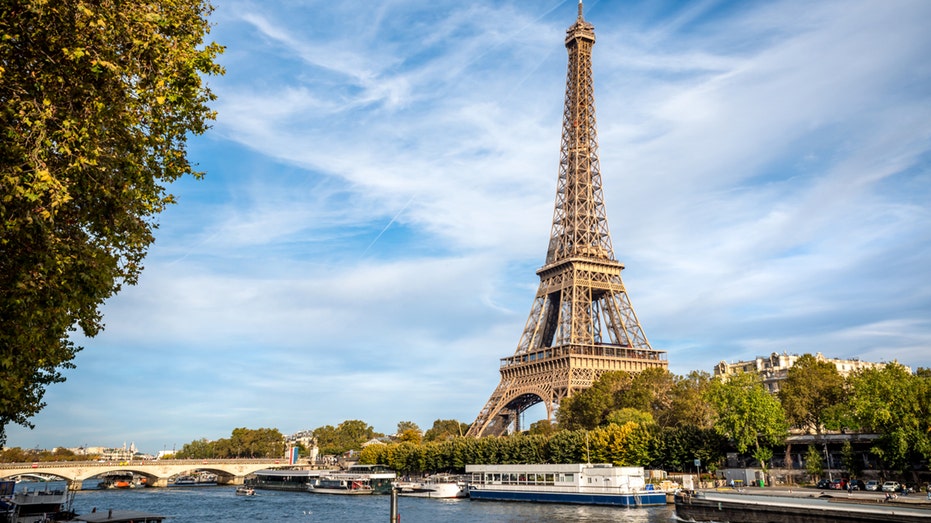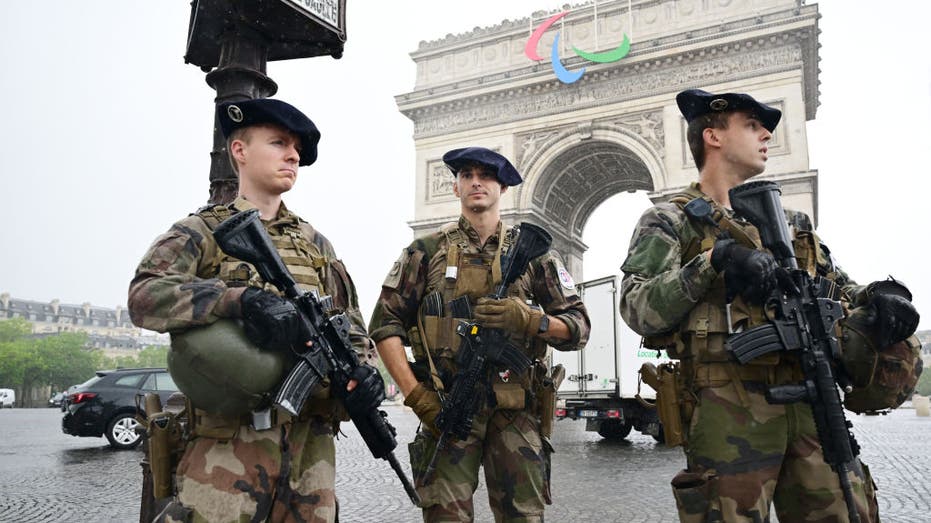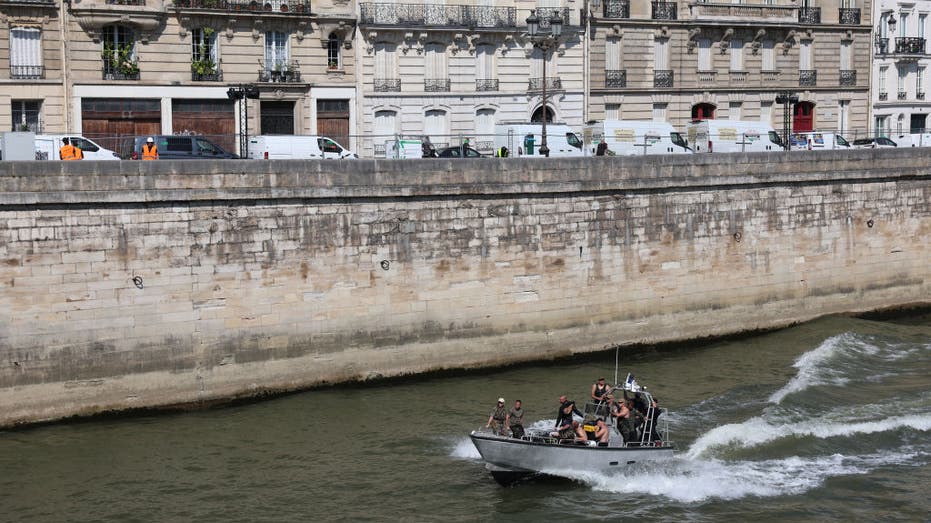Airbnb co-founder and CEO Brian Chesky discusses the popularity of rental bookings for the solar eclipse and the Olympics on ‘The Claman Countdown.’
FRANCE — The world’s finest athletes have arrived in Paris to compete in what will no doubt be a spectacular event. The organizers even made the novel choice of holding the opening ceremony Friday evening via boats along the Seine River rather than a stadium, as has been traditional.
But an important question for everyone in cash-strapped France is whether the Olympic Games will go over budget, leaving epic debts for French taxpayers. It’s not a trivial matter.
“It’s expensive, and French public finances are not in the best state,” says Leo Barincou, a Paris-based senior economist for Oxford Economics. The country’s budget deficit hit 5.5% last year, far beyond the European Union limit of 3%.
Historically, hosting the Games has been a way to lose vast quantities of money. From 2000 to 2020, only four of the 11 games held made a profit, and those were modest gains measured in the millions of dollars.
PARIS OLYMPICS OPENING CEREMONY WILL INCLUDE TEAM USA IN RALPH LAUREN UNIFORMS
Vancouver 2010 squeaked out a $721 million surplus. One city, London 2012, broke even, and the remaining five cities raked in losses in the billions, with Athens 2004 hitting the low point with a deficit of $14.5 billion, according to data from Investopedia.
The Eiffel Tower ahead of the Paris 2024 Olympic Games July 22, 2024, in Paris. (Alex Broadway/Getty Images / Getty Images)
The Paris organizing committee has a budget of $4.4 billion, but when other costs like infrastructure are included, the total is close to $9 billion, according to data from Statista.
Whether France makes a big profit will depend on how the calculations are made, says Terrence Burns, chairman and CEO of T. Burns Sports Group and a professor at George Washington University. It’s hard to make apples-to-apples comparisons, he says.
“In the U.S., there is never any government money for the Olympics,” he says, noting it’s unlike any other country.

PARIS, FRANCE – JULY 26: Smoke resembling the flag of Team France is shown over Pont d’Austerlitz during the opening ceremony of the Olympic Games Paris 2024 on July 26, 2024 in Paris, France. (Photo by Lars Baron/Getty Images) (Photo by Lars Baron/Getty Images)
“Should spending money on infrastructure or buildings be applied to Olympics costs?” Burns asked. “If the capital lasts 30 years, then I am unsure.” He notes that the 1984 Los Angeles Olympics involved using existing venues rather than building new venues, and that practice has become more of the norm for Olympic planning committees, he says.
An independent study from the International Olympic Committee estimated the Games could bring in as much as $12 billion and as little as $7.3 billion from 2018 through 2034, including tourism and construction. That may be where some differences in calculating profit or loss show up.

Authorities spent some $1.5 billion cleaning up the River Seine. (iStock / iStock)
An example of an expenditure that coincides with the Games is the cleanup of the Seine River, which runs through Paris, for a whopping 1.4 billion euros ($1.5 billion). Swimming in that river has been banned since 1923 for safety reasons. The cleaning will allow some long-distance athletes to compete in the triathlon and marathon swimming in the river.
“The initiative to clean up the Seine began eight years ago,” says Lisa Delpy Neirotti, director of sport management programs at George Washington University. “The real measurement will be the lasting impact of the new sewer treatment system and if the reputation of a dirty river to a clean one happens.”
SECURITY CONCERNS AROUND OLYMPIC GAMES LEAD TO ARRESTS WITH FRENCH AUTHORITIES ON HIGH ALERT

Before the Summer Olympics Paris 2024, soldiers of the Opération Sentinelle stand on Place Charles de Gaulle in front of the Arc de Triomphe. (Sina Schuldt/picture alliance via Getty Images / Getty Images)
Of course, other countries, including Russia and China, have spent massive amounts, usually state funds, to put on the Games.
Separately, 45,000 police and 10,000 military personnel are deployed to safeguard locals, tourists and the athletes. The total of 55,000 security personnel is about half the size of the 110,000 trained and untrained British Army forces, according to the Full Fact website.
“The police security budget for every Games since 9/11 has grown exponentially, and that is one area where the state does step in,” Burns says. “It is not just the state of France; it includes G-8 countries and a lot of military intelligence working to keep people safe.”
And it’s a particularly sensitive issue for Paris, which has seen multiple horrific terrorist attacks over the last few years. These include the attack on the Charlie Hebdo offices and an attack on a Jewish deli.

French military divers patrol on a boat along the Seine River in Paris July 17, 2024, ahead of the Paris 2024 Olympic and Paralympic Games. (Emmanuel Dunand/AFP via Getty Images / Getty Images)
And already there is evidence of the need for watchful police and military. Even before the opening ceremony, the French rail network, including the route from London to Paris, has been disrupted by arson attacks affecting as many as 800,000 travelers, according to a recent report from Le Monde. Even before the arson attacks, security personnel were intercepting six drones a day recently, according to the French prime minister. The devices are banned because they could be used for terror purposes.
CLICK HERE TO READ MORE ON FOX BUSINESS
Former professional U.S. athlete Ray Brown, a six-time U.S. indoor 800-meter champion, told FOX Business the real key to making sure there are no losses is having a financially savvy leader.
“Tickets and TV are the revenue,” Brown said. “If you do not have a good general manager that oversees your project, then it’s going to be mismanaged.”

